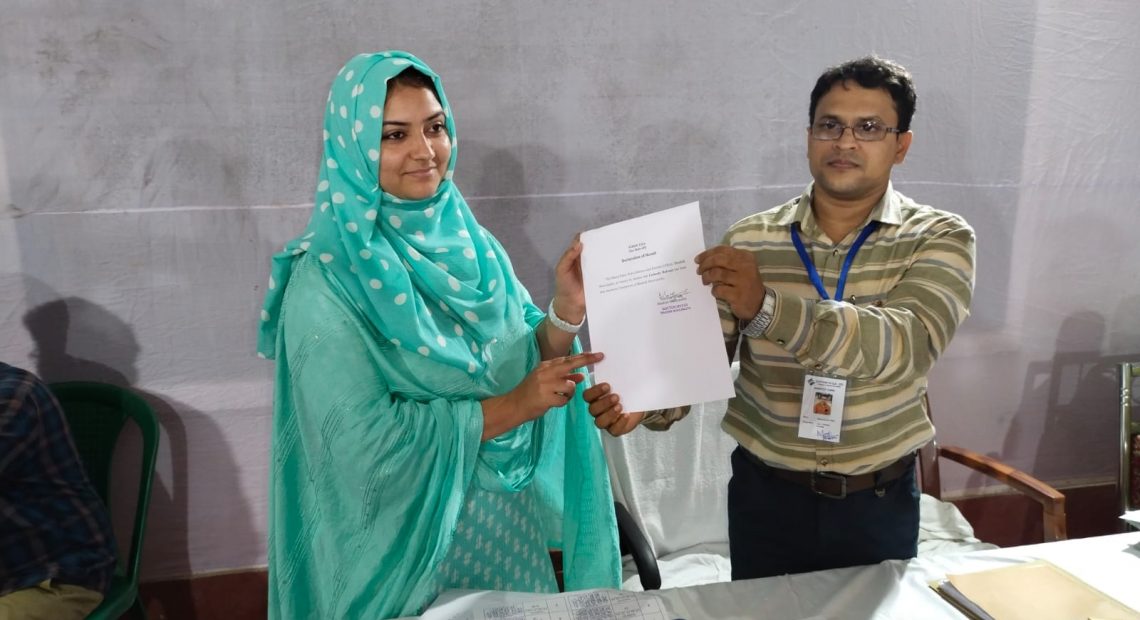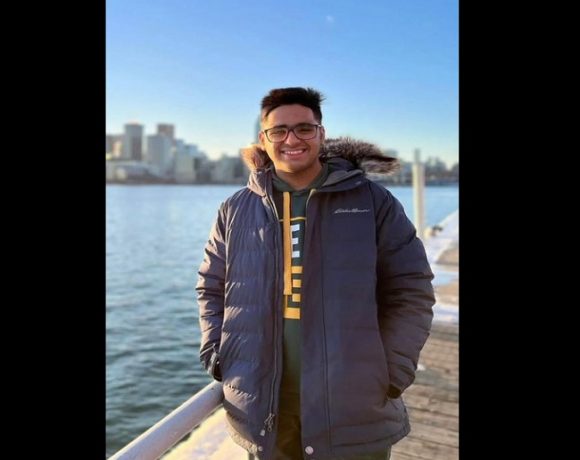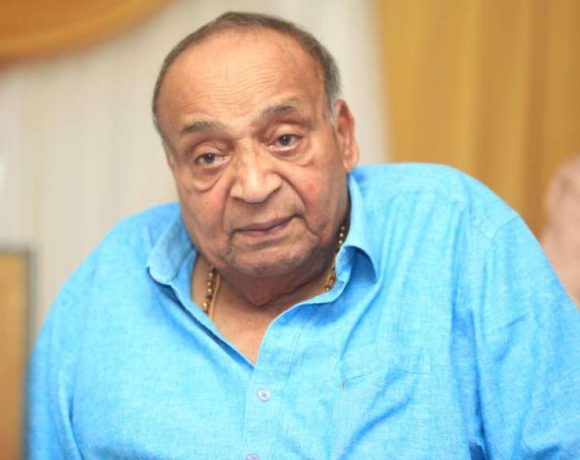In the Bhadrak civic polls in Odisha, a Muslim woman makes history

The Biju Janata Dal (BJD) may have swept Odisha’s civic elections, but one of the party’s defining moments was the election of the state’s first Muslim woman as chairperson of a local body.
When one considers that the winner of this historic election in Bhadrak is a 31-year-old Independent candidate who defeated the ruling party’s nominee, the story becomes even more remarkable. After the delimitation process, the seat was reserved for women this year, and Gulmaki Dalawzi Habib defeated BJD’s Samita Mishra by 3,256 votes. Habib, a Business Administration graduate and professional data entry operator, credits her victory to the trust of the community and a shared goal of Bhadrak’s development. She claims to be a political novice, but she comes from a political family. Sheikh Jahid Habib, her husband, is the BJD’s district vice president.
“My uncle, aunts…they’ve all been involved in politics for the past 30 years.” My maternal uncle served on the council, and my maternal aunt served as vice-chairman for a number of years. Even my husband and I married into a politically active family. So it was impossible to be divorced from politics in that sense, but I never imagined that I would run for office and win,” Habib said.
The 31-year-old is from the Purana Bazaar neighbourhood of the town, which encompasses half of the municipality’s 30 wards. In the run-up to the election, there was a strong demand for a Purana Bazaar resident to be nominated, as residents claim that the area is routinely ignored and left to its fate. “I was born here, and it hasn’t changed much.” There has been no development of any kind in the area, whether it be roads or drainage… “None of it has made its way to this part of town,” Habib claims.
She decided to run as an Independent after the BJD failed to nominate a candidate from Purana Bazaar. “At first, I was hesitant because this was a new experience for me. But because everyone here knows my family, they all insisted that I do it. “Their confidence and cooperation throughout the process, from nomination to counting day, ensured my victory,” Habib says.
Muslims make up 40% of the town’s population of 1.21 million people. It has previously experienced two major riots, one in 1991 in the run-up to the Ramjanmabhoomi movement and the other in 2017. When asked about her goals, the new chairperson says she wants to “work on ground issues” while also ensuring the town’s overall development.
Picture Courtesy: Google/Images are subject to copyright








